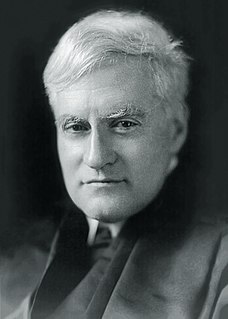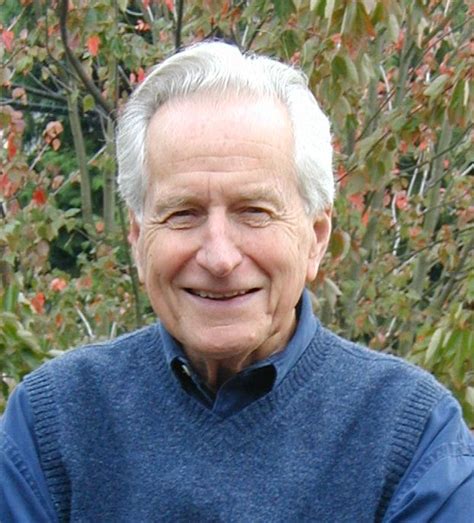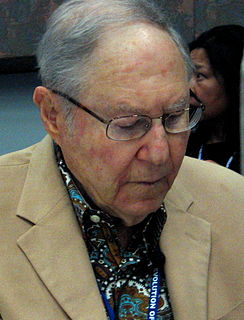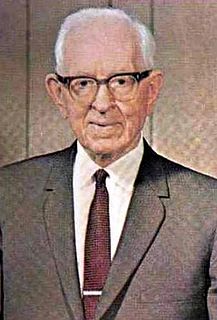A Quote by Ellen Key
Education must be based on the certainty that faults cannot be atoned for or blotted out, but must always have their consequences. At the same time, there is the other certainty that, through progressive evolution, by slow adaptation to the conditions of environment, they may be transformed.
Related Quotes
In our worship of certainty we must distinguish between the sound certainty and the sham, between what is gold and what is tinsel; and then, when certainty is attained, we must remember that it is not the only good; that we can buy it at too high a price; that there is danger in perpetual quiescence as well as in perpetual motion; and that a compromise must be found in a principle of growth.
Forgiveness breaks the chain of causality because he who 'forgives' you--out of love--takes upon himself the consequences of what you have done. Forgiveness, therefore, always entails a sacrifice. The price you must pay for your own liberation through another's sacrifice is that you in turn must be willing to liberate in the same way, irrespective of the consequences to yourself.
After we have thought out everything carefully in advance and have sought and found without prejudice the most plausible plan, we must not be ready to abandon it at the slightest provocation. should this certainty be lacking, we must tell ourselves that nothing is accomplished in warfare without daring; that the nature of war certainly does not let us see at all times where we are going; that what is probable will always be probable though at the moment it may not seem so; and finally, that we cannot be readily ruined by a single error, if we have made reasonable preparations.
We absolutely must leave room for doubt or there is no progress and there is no learning. There is no learning without having to pose a question. And a question requires doubt. People search for certainty. But there is no certainty. People are terrified — how can you live and not know? It is not odd at all. You only think you know, as a matter of fact. And most of your actions are based on incomplete knowledge and you really don’t know what it is all about, or what the purpose of the world is, or know a great deal of other things. It is possible to live and not know.
CANNOT BELIEVE BOTH GOSPEL AND EVOLUTION. I say most emphatically, you cannot believe in this theory of the origin of man, and at the same time accept the plan of salvation as set forth by the Lord our God. You must choose the one and reject the other, for they are in direct conflict and there is a gulf separating them which is so great that it cannot be bridged, no matter how much one may try to do so.
These principles laid down as in variable rules: that one must pay a card sharper, but need not pay a tailor; that one must never tell a lie to a man, but one may to a woman; that one must never cheat any one, but one may a husband; that one must never pardon an insult, but one may give one and so on. These principles were possibly not reasonable and not good, but they were of unfailing certainty, and so long as he adhered to them, Vronsky felt that his heart was at peace and he could hold his head up.
The significant contribution of empiricism was not the eradication of certainty, but the eradication of infallibility as a criterion of certainty. And this shift from infallibilism to fallibilism has profound consequences not only for toleration, but also for the subordination of faith to reason and theology to philosophy.





































